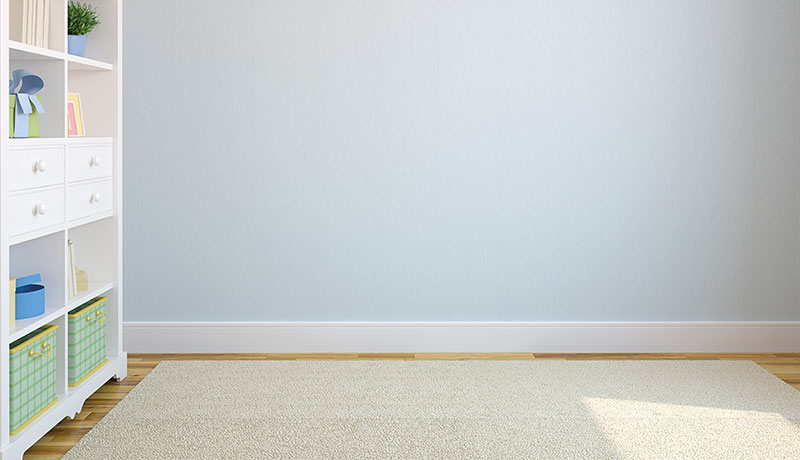When Joanne Crane’s husband passed away a few years ago, she wanted to declutter her home, but she didn’t know where to begin.
“He was a pack rat, and he liked to rescue things,” says Crane, who lives in Hampton, Va. “I wanted to get rid of stuff, but I didn’t know how.”
Overwhelmed, Crane sought help from a professional home organizer.
“She just made my life 100 percent easier,” Crane says. “My stress level now is definitely down. There is this saying ‘A place for everything and everything in its place,’ and I never realized just how, calmer that makes things.”
Clutter can cause stress in numerous ways, shares Mollie Vann, a professional organizer and owner of The Eco Organizer.
“Clutter causes maritial tension, it makes children embarrassed to have friends over, and it prevents many families from wanting to host get-togethers,” Vann says. “Daily hassles are more stressful over longer periods of time than big changes. As such, constantly working around, cleaning, sorting, fixing and avoiding clutter can really wear us down.”
Linda Clevenger, a professional organizer and owner of Organization Direct, adds: “Stressing about clutter can affect our health. When we are stressed out, it makes it harder for our bodies to fight illness.”
An accumulation of too much stuff can cause other issues, including fire and trip hazards and allergen hazards like dust, mold or mildew.
To simplify your family’s clutter, Vann suggests grouping items. “Create functional zones to help group items: a toy zone, an office zone, homework zone,” she says.
“This is something kids can help with. Once items are collected, it is easier to see what you have in a given category and prevent it from encroaching on other zones.”
Supply each family member with a box for their belongings, and anything loose that gets tossed into the box gets put away at the end of each night.
“Don’t just delegate,” says Vann. “Get kids involved. Ask them what responsibilities they feel they are able to take on, and what would be some fair rewards or consequences.”
Clevenger adds: “Keep things simple so that kids can quickly and easily pick up, and don’t pull out everything all at once. Put one thing away before you get another thing out.”
Vann also suggests practicing the “one in, one out” rule. “To prevent accumulation in overstuffed categories, each time you buy something new, you have to let go or use up an older item in the same category,” Vann says. “This works for clothes, board games, stuffed animals, craft projects and art supplies.”
The less stuff you have, the more time you will have for family.
“Decluttering allows us to spend time on pursuits we care about by letting go of things that simply aren’t as important,” Vann says. “Instead of cleaning, searching for lost things or worrying late at night about the things on your to-do list, declutter and regain a calm and functional home that is manageable day-to-day.”
How to Declutter
Linda Clevenger, owner of Organization Direct, offers these five steps to get started on the declutter process:
1. Start in one area. “Don’t think you can do it all at once,” she says.
2. Eliminate what you don’t need. “You will need to be realistic about what you don’t need,” Clevenger advises.
3. Find a home for everything. “Remember to put everything back where you found it,” she adds “This should be a simple house rule.”
4. Keep your systems simple. “You don’t want to complicate things for yourself,” she says.
5. Communicate with your family. “Don’t feel like you have to do it all by yourself,” reminds Clevenger.
Where to Donate Unwanted Items
Clothing, Toys, Furniture and General Household Items
Disabled American Veterans Thrift
- Peninsula: 757- 877-0999
- Southside: 757-461-4938
Military Order of the Purple Heart Thrift: 877- 851-8111
Hope House Thrift: 757- 625-7493
Union Mission & Hope Haven: 757- 627-8686, Ext. 604
CHKD Thrift
- Southside: 757- 622-KIDS
- Williamsburg: 757- 874-KIDS
Habitat for Humanity Thrift: 757- 640-0594
Goodwill Stores: 757- 248-9405
Salvation Army Thrift: 757- 499-0032

